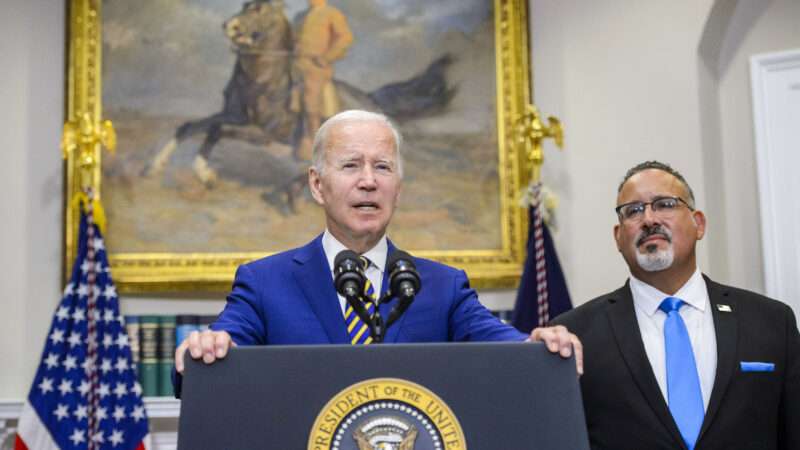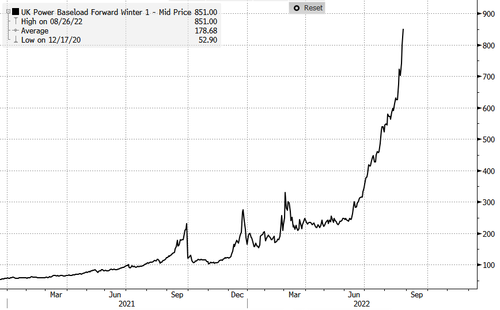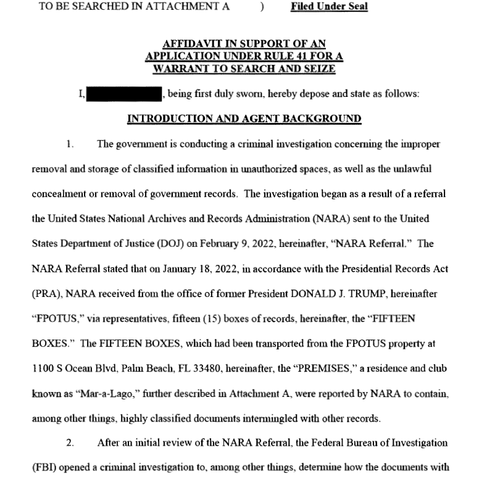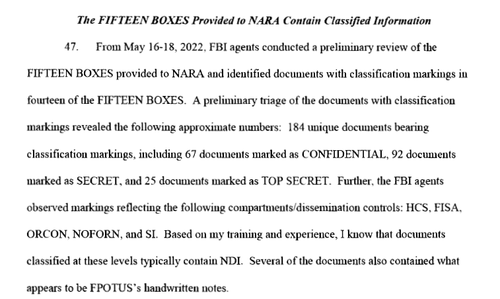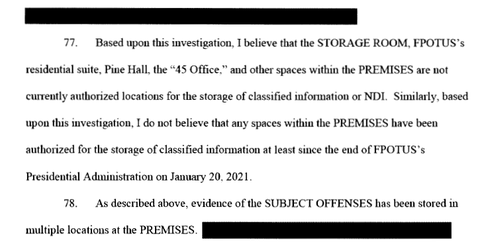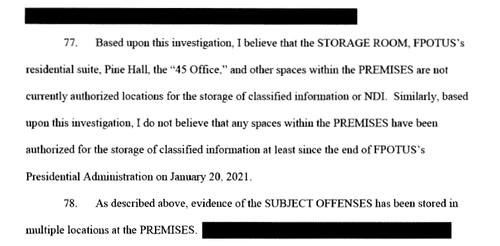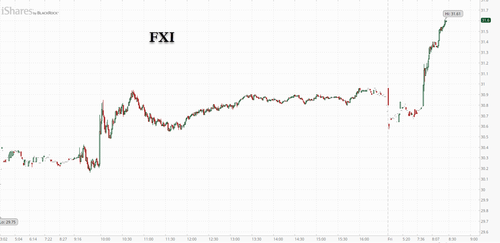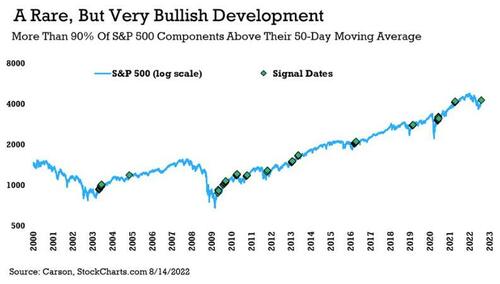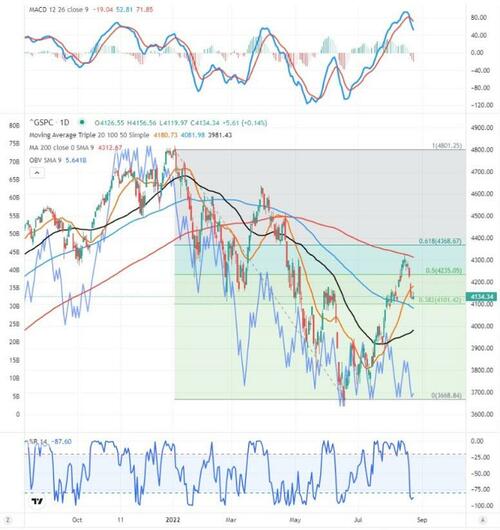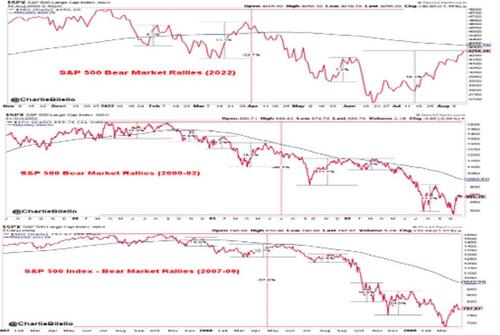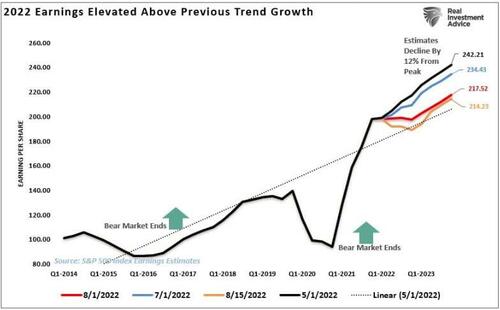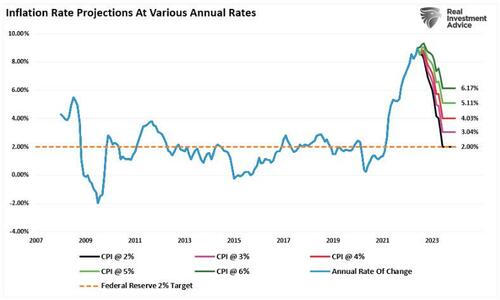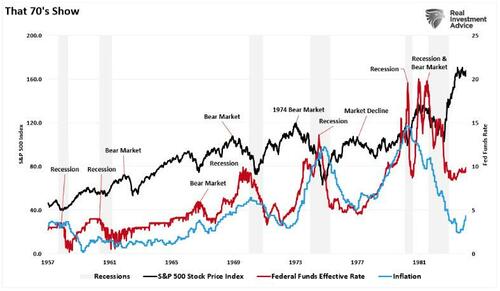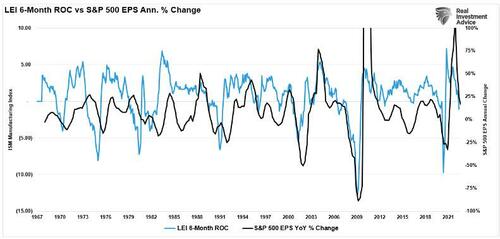
In the fall of 2019, a subway fare hike in Santiago, Chile, set off some of the most violent protests in Latin America’s recent history. In what the media dubbed a “social outburst,” rioters destroyed churches, metro stations, and toll booths.
The protests culminated in the election of the 36-year-old leftist President Gabriel Boric, who has pledged to nationalize Chile’s private pension system, raise taxes, and create a more green economy.
Even before that, protesters went after the Chilean Constitution itself. In a nationwide referendum held in October 2020, 78 percent of voters opted to replace it.
On September 4, they’ll return to the polls to approve or reject a new draft constitution, which, if passed, could bring a tragic and decisive end to Chile’s so-called economic miracle that turned the country into a model for how free market policies can benefit the poor.
The current constitution was adopted in 1980, when Chile was still one of Latin America’s poorest countries. Over the next 40 years, the government tamed inflation, privatized industries, and slashed tariffs and red tape, which caused its GDP to soar and poverty to plummet.
Extreme poverty fell drastically, and staples of modern living like TVs, refrigerators, and washing machines became a feature in almost every home.
Here’s the problem: Chile’s 1980 constitution was adopted during the military dictatorship led by General Augusto Pinochet, who took control of the country in a murderous 1973 coup. Because of this, some say the constitution is illegitimate.
The best way to address problems with the document is not to scrap it altogether, but to revise it, which is exactly what’s happened: since the return to democratic governance in 1989, the Chilean Constitution has been amended 140 times.
Rewriting the constitution, as an elected body has been doing over the past year, has predictably created a feeding frenzy for political interests looking to codify special rights and privileges into the nation’s most important legal document.
The Economist described the country’s draft constitution as “a fiscally irresponsible left-wing wish list.” It bans “job insecurity,” expands welfare programs, mandates gender parity in all public institutions, and grants “social” rights that would expand the role of the state in health care, education, and housing.
The document permits property and asset seizures by legislative decree without compensation for rightful property owners. It constrains the mining industry, eliminates school choice, and would disband the Senate, making it easier for the executive branch to circumvent the opposition and enact its agenda.
These provisions are spelled out in almost 54,000 words—which is about seven times as long as the U.S. Constitution.
Unlike that document, which has been in place since 1788, the Chilean draft constitution focuses on expanding state power rather than constraining it.
Chile’s draft constitution is even longer than Venezuela’s, which was redrafted by Hugo Chávez’ administration during his first year in office and set the stage for the country’s socialist revolution, descent into dictatorship, and ensuing economic collapse.
Venezuela has had 26 constitutions in a little over two centuries. In general, the practice of scrapping and rewriting constitutions helps to explain Latin America’s relentless political turmoil.
A constitution provides legal stability and predictability—like a computer operating system. Tampering with any foundational code creates security holes that are easily exploited by political opportunists looking to amplify their own power and overturn the established order.
Even if Chileans reject the new constitution—and, thankfully, polls indicate that they probably will—Boric can choose to start the process again with the election of yet another constitutional assembly to draft yet another version.
That could bring years of chaos, economic stagnation, and legal uncertainty. Now that Latin America’s free market experiment and “economic miracle” may be coming to an end, hopefully, the rest of the world can learn from the experience of Chile once again: Beware leftist pipe dreams.
Produced by Daniel Raisbeck and Alyssa Varas: Edited by Danielle Thompson
Photo Credits: DARDE/SIPA/Newscom; World History Archive/Newscom; Album / Oronoz/Newscom; Elyxandro Cegarra/ZUMA Press/Newscom; Matias Basualdo/ZUMAPRESS/Newscom; Felipe Figueroa / SOPA Images/Si/Newscom; Lucas Aguayo Araos/ZUMAPRESS/Newscom; Claudio Abarca Sandoval/ZUMAPRESS/Newscom; Alberto Valdes/EFE/Newscom; Jose Miguel Rojas/SIPA/SIPA/Newscom; Jose Miguel Rojas/SIPA/SIPA/Newscom; DPST/Newscom; Alberto Valdes/EFE/Newscom; Peter Langer / DanitaDelimont.com / “Danita Delimont Photography”/Newscom; A3116 Tim Brakemeier / Deutsch Presse Agentur/Newscom; Ben185/Newscom; Lucas Aguayo Araos / SOPA Images/Newscom; Alberto Valdes/EFE/Newscom; Jon G. Fuller / VWPics/Newscom; Matias Basualdo/ZUMAPRESS/Newscom; Trevor Collens / Photoshot Trevor Collens/Photoshot/Newscom; HUMBERTO MATHEUS/EFE/Newscom; HUMBERTO MATHEUS/EFE/Newscom; Jorge Villegas / Xinhua News Agency/Newscom; Matias Basualdo/ZUMAPRESS/Newscom; Yadid Levy/robertharding/Newscom; akg-images/Newscom; Pablo Rojas Madariaga/ZUMA Press/Newscom; Matias Basualdo/ZUMAPRESS/Newscom; Felipe Figueroa/ZUMAPRESS/Newscom; Felipe Figueroa / SOPA Images/Si/Newscom; Vanessa Rubilar/ZUMAPRESS/Newscom; B1mbo, CC BY-SA 4.0, via Wikimedia Commons; Biblioteca del Congreso Nacional de Chile, CC BY-SA 3.0 CL, via Wikimedia Commons; Usuario Patricio Mecklenburg Díaz (Metronick), CC BY-SA 3.0, via Wikimedia Commons; .:GIO::IAB:., CC BY-SA 2.0, via Wikimedia Commons.
Music Credits: “Intrepid” by Brianna Tam via Artlist; “Odd Numbers” by Curtis Cole via Artlist; “Ripples” by Tamuz Dekel via Artlist; “Circularity” Brianna Tam via Artlist
The post Chile's Proposed Left-Wing Constitution Could Spell Chaos appeared first on Reason.com.
from Latest https://ift.tt/b2xh9PN
via IFTTT

